Enhanced Due Diligence as Part of Localization Efforts in Ukraine: Early Lessons
Executive Summary
After the escalation of the war in Ukraine in February 2022, the international humanitarian community, with support from both private and institutional donors, quickly set up a humanitarian response to assist the population of Ukraine most affected by the war. A critical element of these efforts involves localization: partnering with local stakeholders, in particular civil society organizations (CSOs), that are closely connected to their communities and that play a vital role in providing rapid and essential assistance. As part of the process of selecting and vetting potential partners, Mercy Corps carries out enhanced due diligence (EDD) assessments.
This report explores Mercy Corps’ experience with deploying EDD as part of its aid efforts in Ukraine. After a brief discussion of localization and the various stages of EDD assessment, we examine data from the 45 assessments of Ukrainian humanitarian CSOs that we conducted over the past two years. We then present our key findings and the major risk categories that we have identified. Several dominant themes emerge concerning risk transfers between international non-governmental organizations (INGOs) and CSOs. Two appendices offer a more detailed description of the EDD process.
Nearly half (47%) of the CSOs we vetted were given an overall low risk rating, meaning that the way in which they carry out their activities does not represent a risk for Mercy Corps’ humanitarian operations in Ukraine. A recurring theme associated with low levels of risk transfer is the establishment of internal procedures by both local and international organizations to frame the scope of the partnerships and overall implementation. Although most CSOs we vetted were primarily focused on development programming, our findings did not reveal a direct linkage between the type of programming they implemented (humanitarian or development) and the risk level they posed. However, the presence of implementing partners in or near frontline areas allowed us to establish a correlation with the security risks incurred by CSOs.
Our recommendations include the need to strengthen CSOs’ capacities and to help them understand the international aid landscape. For example, to ensure a principled humanitarian response, we recommend offering CSOs training in international humanitarian law. Other opportunities for capacity building include security and safety procedures, donor reporting, donor engagement, and monitoring and evaluation. Improving these operational aspects can help CSOs access better funding opportunities and partnerships.
Finally, a standardized localization approach to both established and potential partnerships in Ukraine requires clear lines of communication. When CSOs are applying for or receiving humanitarian funds, better communication can enable them to make informed decisions about the conditions of agreements with donors and partner INGOs.
Introduction
In many settings around the world, increasing attention is being paid to localization, i.e. the process of involving local and national non-governmental organizations (LNGOs and NNGOs, respectively) and civil society organizations (CSOs) in the provision of humanitarian and development assistance. There are several reasons for this. For example, when conflicts or crises arise, international non-governmental organizations (INGOs) often encounter barriers to access. Additionally, designing programs and implementing aid delivery that include local actors – which are better placed to navigate the local context – ensures aid sustainability, boosts its effectiveness, and fosters access to harder-to-reach areas and vulnerable individuals.
What is risk transfer?
For the purpose of this report, UACAT uses the following definition of risk transfer: the formation or transformation of risks (whether increased or decreased) for one actor caused by the presence or action of another as well as through partnerships, whether inten-tionally and unintentionally. Within the non-profit sector, risks should be recognized as interlinked, e.g. fiduciary or reputational risks impact security risks faced by staff and vice versa.
After the escalation of the war in Ukraine in February 2022, the international humanitarian community, with support from both private and institutional donors, quickly set up a humanitarian response to assist the population of Ukraine most affected by the war. Faced with security-related access constraints, Mercy Corps – like other INGOs operating in the country – built partnerships with LNGOs and CSOs (herein referred to simply as “CSOs”). The goal was to leverage these local actors’ capacities to provide humanitarian and development aid in a manner that was context-sensitive and accepted by local communities.
To mitigate the risks associated with quickly setting up an emergency response involving local partners within a volatile context, Mercy Corps employed an enhanced due diligence (EDD) approach. EDD is a critical component in the partnership decision-making process and enables Mercy Corps to build a localization strategy adapted to the Ukrainian context.
This report presents an overview of the vetting process Ukrainian CSOs undergo when they apply to become implementation partners and analyzes the findings from 45 EDD assessments conducted during the first two years of Mercy Corps’ Ukraine response. We highlight transferable risks within the Ukrainian context and examine opportunities for strengthening the capacities of CSOs as key actors in the response. We look at the role that EDD plays in supporting localization efforts and ensuring that local partners can mitigate context-specific risks.
INGOs can potentially benefit from this analysis by, for example, focusing on informed localization strategy processes such as partner trainings, partnership policies, partner-focused risk matrices and mitigation measures, among others.
The aim of this report is to foster an informed dialogue between international and local aid actors on how best to develop partnerships. In the long run, our intention is to develop a broader approach to localization within an aid sector that is adapted to the Ukrainian context.

